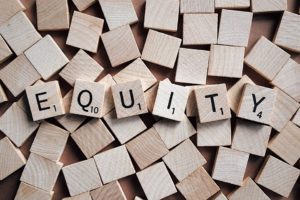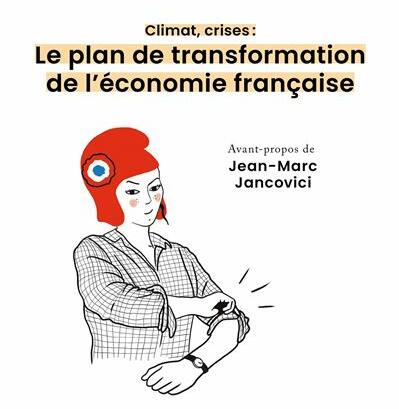
In a complex and highly charged debate, climate negotiations are often blocked over the question of how to share between countries the efforts to limit global warming to an increase of 2 °C at the end of this century.
The most important challenge to be tackled before the COP 21 meeting in Paris in 2015 is to find a common reference framework for equity issues that is accepted by a majority of stakeholders. This framework must embody the principles of equity set forth in the United Nations Framework Convention, and establish a fair and equitable distribution for sharing emissions reductions and financial contributions to mitigation and adaptation efforts among countries.
High-quality quantitative equity indicators exist to define this reference framework to allow a fair worldwide sharing of efforts to respond to the climate change challenge. One such set of indicators is found in the Greenhouse Development Rights (GDR) elaborated by the think tank EcoEquity and the Stockholm Environment Institute.
Individuals whose income is below the development threshold (by default, individual annual income under $7,500 after adjustment for purchasing power) are exempted from financial obligations levied to fight climate change. Individuals whose annual income is above this threshold would contribute to the cost of global climate policy according to their capacity (the sum of income above the threshold) and their responsibility (cumulative CO2 emissions above the threshold).
This calculation framework provides a fair way to help developing countries successfully make the energy transition, with help from industrialized countries, while preserving their economic growth and meeting their growing energy needs.
The GDR framework also provides a consistent basis for comparison of national obligations to pay for mitigation and adaptation measures.

